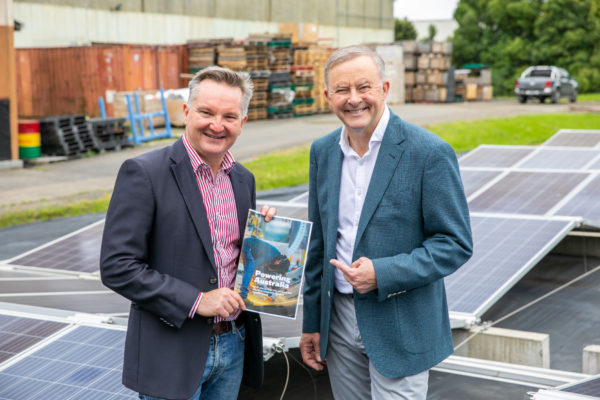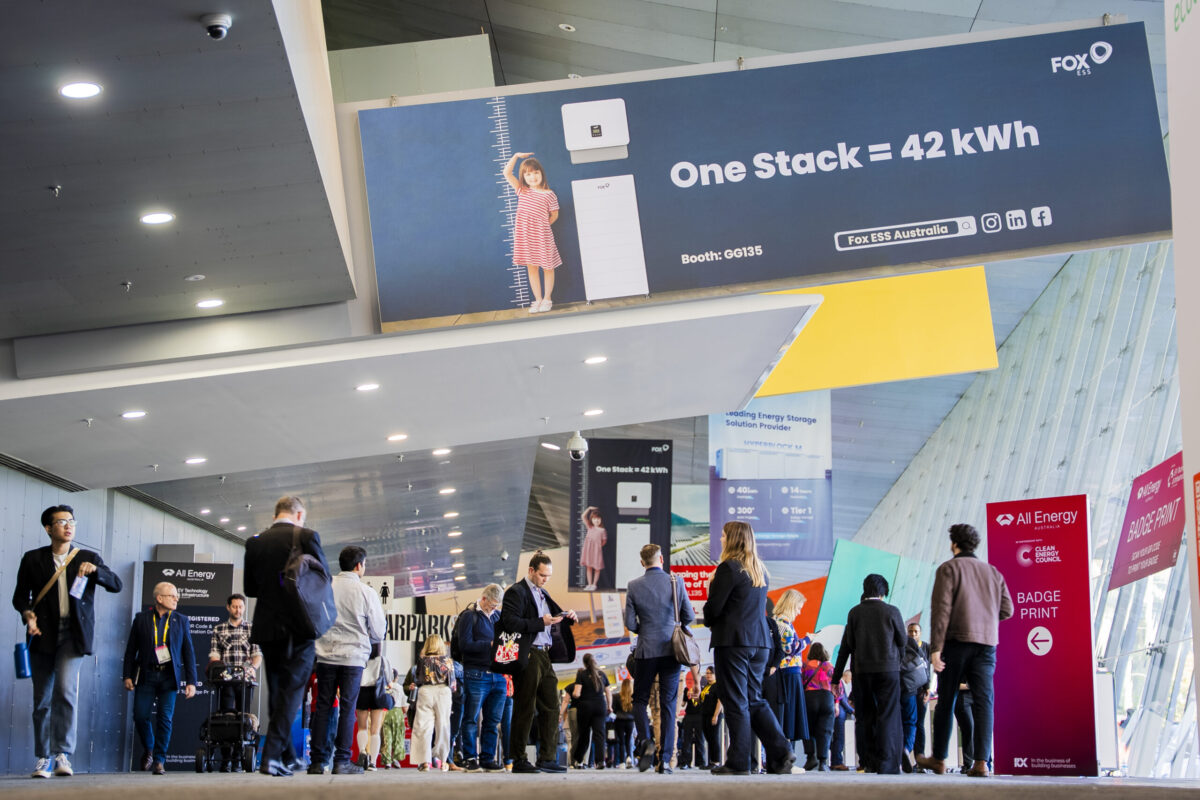The Australian Hydrogen Council (AHC) has urged the new Labor government to fast track the introduction of new policies, research and investment, warning market forces will be too slow to develop the local industry in time to make good on the emissions reductions needed to mitigate climate change.
AHC chief executive officer Dr Fiona Simon, who will speak at the Australian Hydrogen Conference in Adelaide today, said hydrogen has huge potential to deliver significant economic, employment, energy and environmental benefits for Australia but the new government needs to lay down policy foundations to develop the industry as “the eyes of the new energy world are fixed on Australia”.
“Our trade partners are closely watching how we develop this market and the work of our members is making people sit up and take notice,” she said.
“But the hydrogen economy can’t wait for market forces alone to drive decarbonisation. We need policy certainty and co-ordination to get this market to scale.
“This could include market mechanisms to value carbon emissions, clean energy and fuel standards, taxation support for research and development, new investment, and targeted transition deadlines.”
Hydrogen has been touted as a critical component of Australia’s renewable future with new Prime Minister Anthony Albanese identifying it as key to his strategy to increase the share of renewable energy in the National Electricity Market to 82% by 2030 as part of his pledge to cut greenhouse gas emissions by 43% by the end of the decade.

Image: Chris Bowen / Facebook
While Labor has yet to present a dedicated hydrogen policy, Albanese has vowed to transform Australia into “a renewable energy superpower,” underwritten by a $3 billion investment in renewables, including solar, large-scale renewable projects, green hydrogen and hydrogen electrolyser manufacture.
While Australia is aiming to become a major player in global hydrogen production and trade, Simon said pressure is mounting as the effects of climate change became increasingly evident and energy security remained a priority issue across the world.
“The time for action is now,” she said.
Meanwhile, former Chief Scientist Dr Alan Finkel has urged Australia to use “all the tools available” to deploy renewable energy as quickly as possible to decarbonise the global energy system.
Speaking at the Australian Hydrogen Conference on Tuesday, the Australian government’s Special Adviser for Low Emissions Technology said that to dramatically reduce greenhouse gas emissions and limit the impact of global warming, human civilisation was undertaking the biggest transformation of energy systems since the taming of fire.
“So substantial that in the naming traditions of the stone age, the iron age, the bronze age, and the industrial age, it could be argued that we are entering the electric age,” he said.
“We need to use all the tools available to us to deploy renewable energy as quickly as possible.
“The key to bringing net-zero (emissions) within reach will be to electrify everything.”
Finkel said electricity would not be ideal in some circumstances, highlighting the need for hydrogen and other products.
Finkel echoed Simon’s push to develop a market for clean hydrogen, calling for a “laser focus” on the development of a market and the need to build demand for the energy source.
“As I look at the hydrogen landscape today, I see an imbalance in supply and demand. Yes, we’ve identified many important uses for clean hydrogen, but they will not develop overnight.”
Finkel suggested one option is for more businesses to co-locate sites of hydrogen supply with demand. He said the option would entail installing combined solar, wind, and hydrogen production capability adjacent to mines and manufacturing plants. Over time, hydrogen could be introduced into the production process.
The Australian Hydrogen Conference, which wraps up today, has brought together energy experts from across the sector to explore the latest projects, challenges, opportunities and lessons and to help shape the industry’s future.
This content is protected by copyright and may not be reused. If you want to cooperate with us and would like to reuse some of our content, please contact: editors@pv-magazine.com.




The (a massive) push to hydrogen has a lot of dangers.
At first there is the thirst for hydrogen at a scale that only can be satisfied short term via blue* (etc) hydrogen. Those “bridge” technologies require a multitude of fossil fuels and should be avoided at all cost. Unfortunately some governments are by now already pumping billions into hydrogen made from fossil fuels and that is before the investments of the fossil fuel companies behind those developments. The once created assets will last for decades and will not seize to exist without intervention. Worse, once created they will scale up over decades. The difference to now is, we are simply processing more fossil fuels in this process than we would do without this hydrogen for the same tasks.
Then there is the green hydrogen, wind park and electrolysis. The funny thing about assets is the thing that they only generate contributions if you use them. Once the electrolysers exist, it is just plain business logic to run them in times without renewable input as well. Where would the required power come from? I am sure, fossil fuel generators are happy to help. Situation is, the generated electricity is used in a lossy process, rather powering directly applications that would directly save (fossil) fuel.
Hence a fast development of green hydrogen this way actually just masquerades fossil fuels and reduces the ability to save energy dramatically. Use green hydrogen to heat a house and you have to effort 5-10 more energy as if you were heating the same house with a heat pump. Running a hydrogen combustion engine rather a battery electric vehicle is not much better. Running a fuel cell vehicle can even be worse.
Hydrogen gets proposed as the green solution. There is nothing green about hydrogen, unless you make it green in a very specific way. And the hard push in that direction is aimed to have people imagining they were using something green, which in the foreseeable future is not even remotely green at all.
Do the maths yourself, add all current and planned wind and solar projects and then calculate how much hydrogen could theoretically produced by them and you will figure that for the next decades unfortunately we will not have enough excess. That is before we take in account that using this energy would force us to generate our electricity from fossil fuel and nuclear.
Hydrogen is important and we cannot start early enough to be ready, but until we have those excess capacities, all we will get is a massive delay of the required developments and tremendous greenwashing. We will stand in our own way if we just think hydrogen is a universal solution.
*The blue hydrogen solution is environmentally an entire hoax, unless we invent a working solution first. The current imagination of using this “clean” hydrogen and then use the CO2 to create e-fuels emits pretty much the same amount of greenhouse gas as if we were to burn it directly. But e-fuel and hydrogen sounds so much better/greener.
Pumping the gaseous CO2 into storage would require storage that does not lose notable amounts of CO2. Such storage does not yet exist. Here we just delay the inevitable a little, but guarantee it to happen.
Binding the CO2 in minerals sounds brilliant. But no industrially suitable process does exist, development would be decades, implementation another few decades. Time, which we do not have. But every little helps, there is no reason not to develop it. But it certainly is not a valid bridge technology.